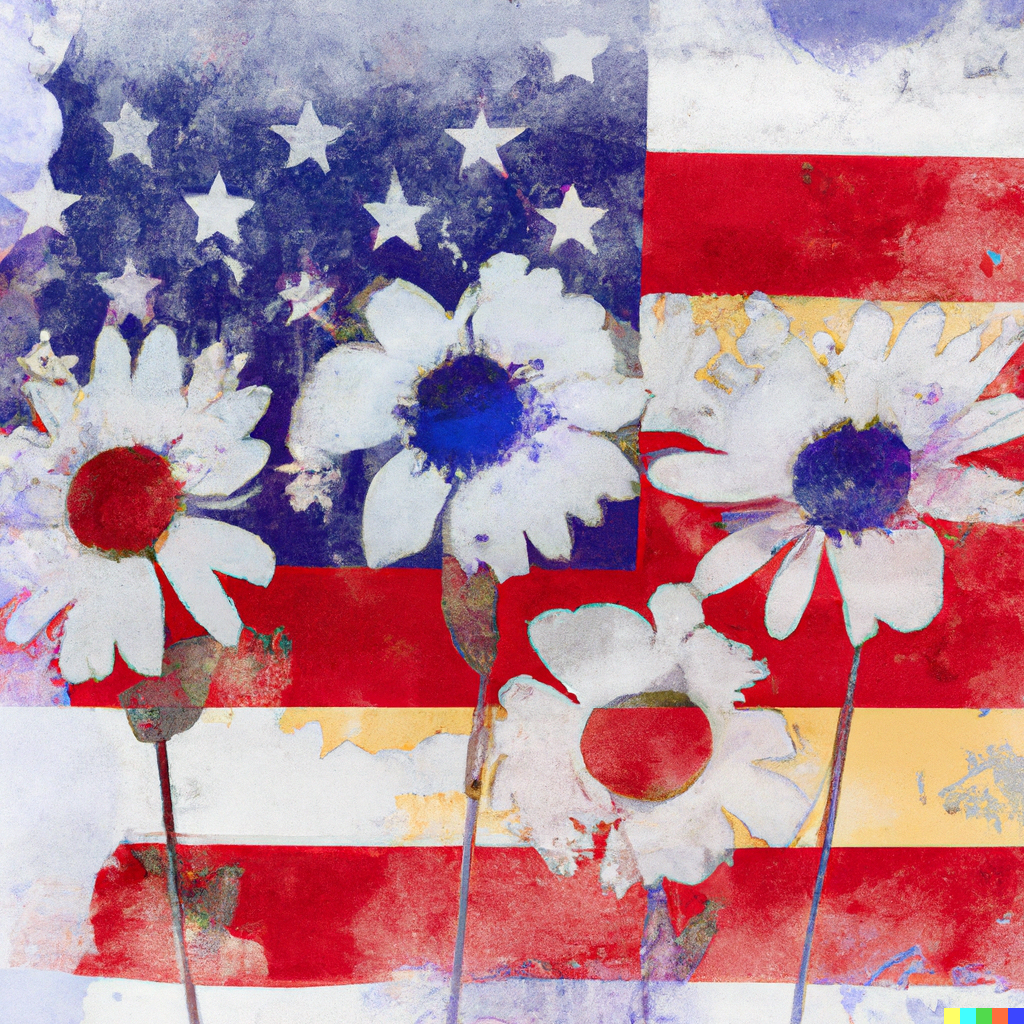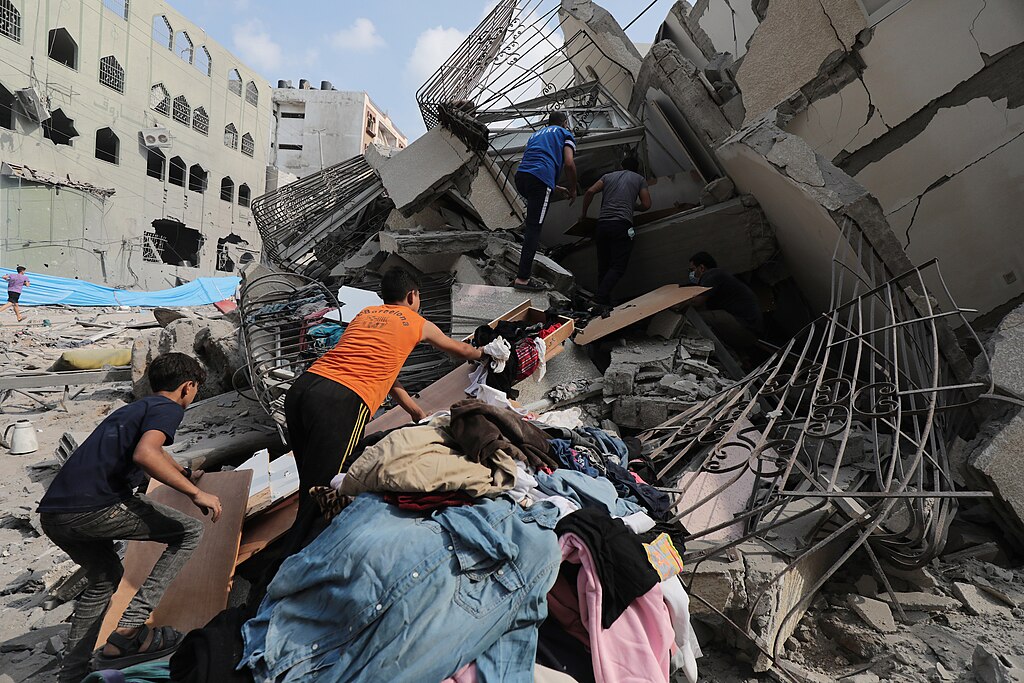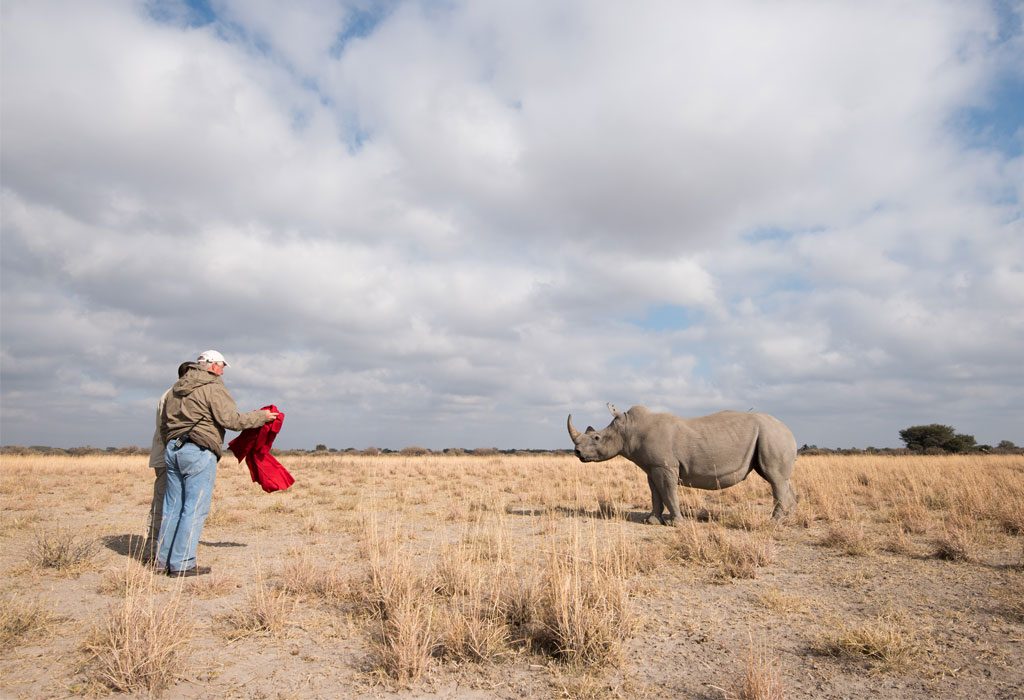The Gift of Tears
Most of us know that relationships between humans and the natural world are breaking down or have broken; we know that mass species extinction, climate change, and warming oceans are rapidly altering lives around the world. But the harrowing nature of the situation has left us susceptible to the complacency and numbness that can accompany despair. We may want to find a way through our morass of feelings, but don’t know how to negotiate the terrain.
In his search for a contemplative approach to the environmental crisis, Douglas Christie finds inspiration in the 4th-century Egyptian desert fathers’ practice of Penthos, the ‘gift of tears.’ Penthos was a practice that opened the fathers to the fragility of existence and to all that is lost or in need of repair in nature, society, and the cosmos.[1] This practice of deep mourning ‘required courage, a willingness to face one’s own fragility as well as the fragility and brokenness of the world. It meant refusing the temptation to evade the reality of those bonds that connect all beings to each other, and embracing the fact that one exists in a shared world.’[2] Christie sees this as a valuable practice in the current historical moment, when ‘a silence, like the silence of those increasingly barren habitats, weighs heavily upon us.’[3]
Poetry, says Christie, has the capacity to bring forth the gift of tears. It is, therefore, the urgent job of poets and other writers to find the language that can embrace our reality and reveal the magnificence of the world that we are losing. Whether we are able to give adequate expression to the catastrophe we are now experiencing is an open question, but, for Christie, even the possibility of being morally honest in our relationship with the natural world is difficult to imagine if we do not at least try to give voice to these losses.
A deeply moving example of this kind of poetry is “Rise: From One Island To Another” by Kathy Jetñil-Kijiner and Aka Niviâna. Jetñil-Kijiner and Niviâna, indigenous poets and activists from the Marshall Islands and Greenland, speak to each other—and the world—of the impact of climate change on their homelands.
Sister of ocean and sand,
Can you see our glaciers groaning
with the weight of the world’s heat?
I wait for you, here,
on the land of my ancestors, heart heavy with a thirst
for solutions
as I watch this land
change
while the World remains silent.Sister of ice and snow,
I come to you now in grief
mourning landscapes
that are always forced to changefirst through wars inflicted on us
then through nuclear waste
dumped
in our waters
on our ice
and now this.[4]
Their spoken word poem and film unites the two women in their shared reality and grief. For listeners, it creates a space that allows us to experience our kinship with a larger, inter-related world, while we attempt to deal with losses so profound that it is difficult to acknowledge them, let alone allow them to sink in or take action to respond.
Another example of this kind of writing comes from American philosopher and nature writer, Kathleen Dean Moore, who, in her book Great Tide Rising: Finding Clarity and Moral Courage to Confront Climate Change, explores why it is unethical to destroy the world and why we must take action to stop further environmental destruction. At the heart of Moore’s writing is her awareness of the staggering beauty of the natural world and her sense of unbearable loss and outrage as she sees it dying around her. In this passage, she imagines how her future self will describe the present world—the world of today that is being lost—to her grandchildren:
I buried my face in my hands, even as I stood in the water with the current shining against my shins. Oh, we had known the music of salmon moving upstream. When the streams were full of salmon, crows called again and again, and seagulls coughed on the gravel bars. Orioles sang, their heads thrown back with singing. …
Ring the Angelus for the salmon and the swallows. Ring the bells for frogs floating in bent reeds. Ring the bells for all of us who did not save the songs. Holy Mary, mother of God, ring the bells for every sacred emptiness. Let them echo in the silence at the end of the day. Forgiveness is too much to ask. I would pray for only this: that our granddaughter would hear again the little lick of music, that grace note toward the end of a meadowlark’s song.
Meadowlarks. There were meadowlarks. They sang like angels in the morning.[5]
From this place of grief, our hearts can fully open, helping us respond more deeply to the world.
These writers do not tell us that receiving the gift of tears means we remain in a state of mourning. If we can, we need to keep walking. If we haven’t already done so, we need to articulate what is dear to us, what it is in the natural world that we truly love. My own heart roams around the world with the creatures who are losing their habitat and edging towards extinction. Closer by, my heart turns to my local pond and the small turtles who, over the past several summers, have suffered and died when the pond dried up. Having named and described our losses, we may, like Jetñil-Kijiner, Niviâna, and Moore, be moved to action of different kinds on behalf of these creatures and landscapes—political, creative, or community action that might help our world in a specific or subtle way. The gift of tears can then become an impetus for even deeper and wider-ranging work.
References
- Douglas E. Christie, The Blue Sapphire of the Mind. Notes for a Contemplative Ecology (Oxford: Oxford University Press, 2013).
- Christie, 77.
- Christie, 83–84.
- Kathy Jetñil-Kijiner and Aka Niviâna, Rise: From One Island to Another, https://350.org/rise-from-one-island-to-another/
- Kathleen Dean Moore, Great Tide Rising: Towards Clarity and Moral Courage in a time of Planetary Change (Berkeley, CA: Counterpoint, 2016), 325–26.







Thank you for beautiful examples of mourning loss through poetry. I respect the sorrow that people experience as their environments are in a state of transition. My prayer is that while holding reverence for what might be lost, that as you suggest, hope and gratitude may be fostered and encouraged as well — for what remains and what is in the potentiality of our greater yet-to-be.
Thank you for your thoughtful piece – to inspire us to “keep walking” and move beyond sadness, complacency and to make a difference. I love your call: “If we haven’t already done so, we need to articulate what is dear to us, what it is in the natural world that we truly love.”